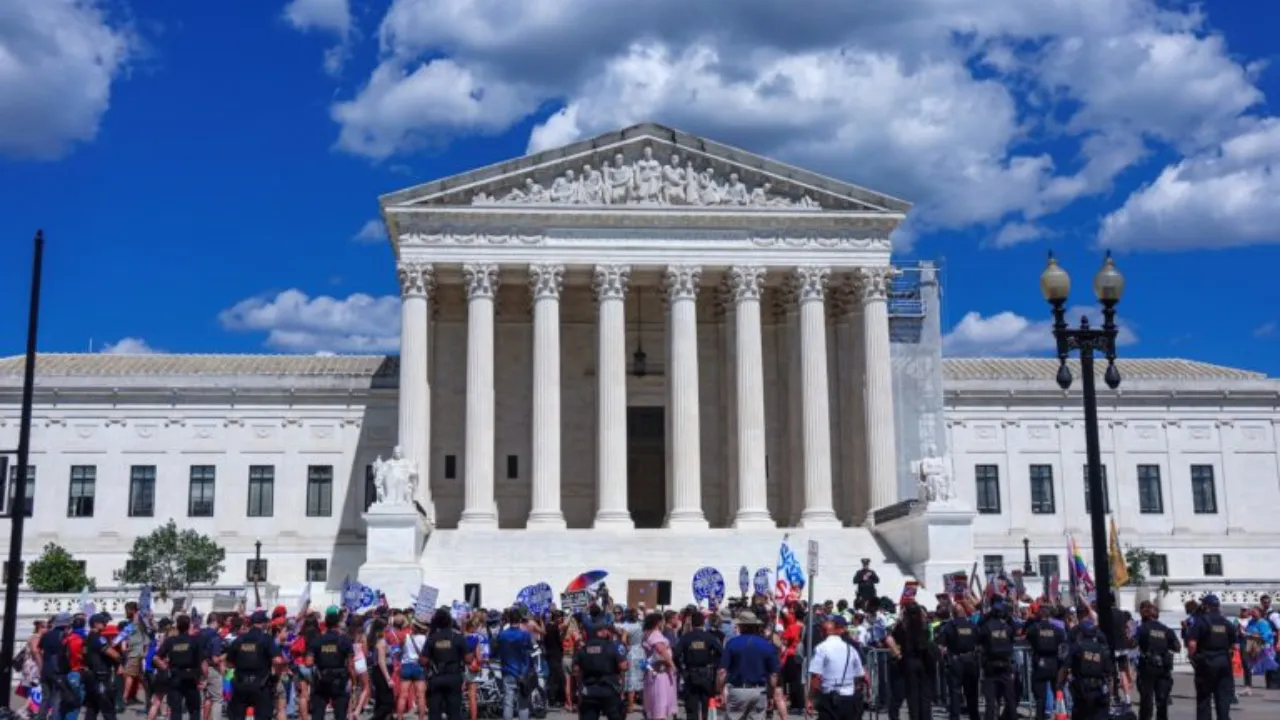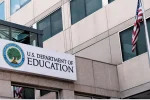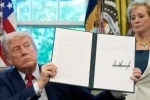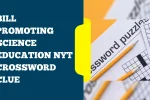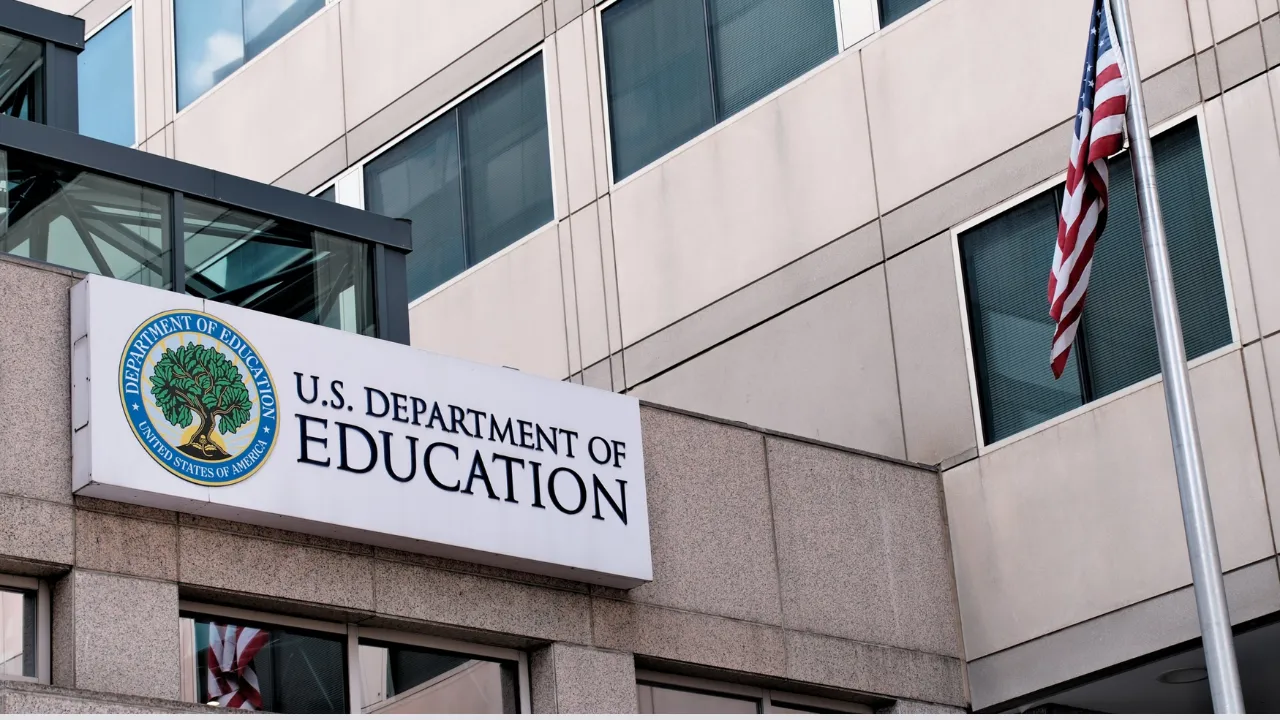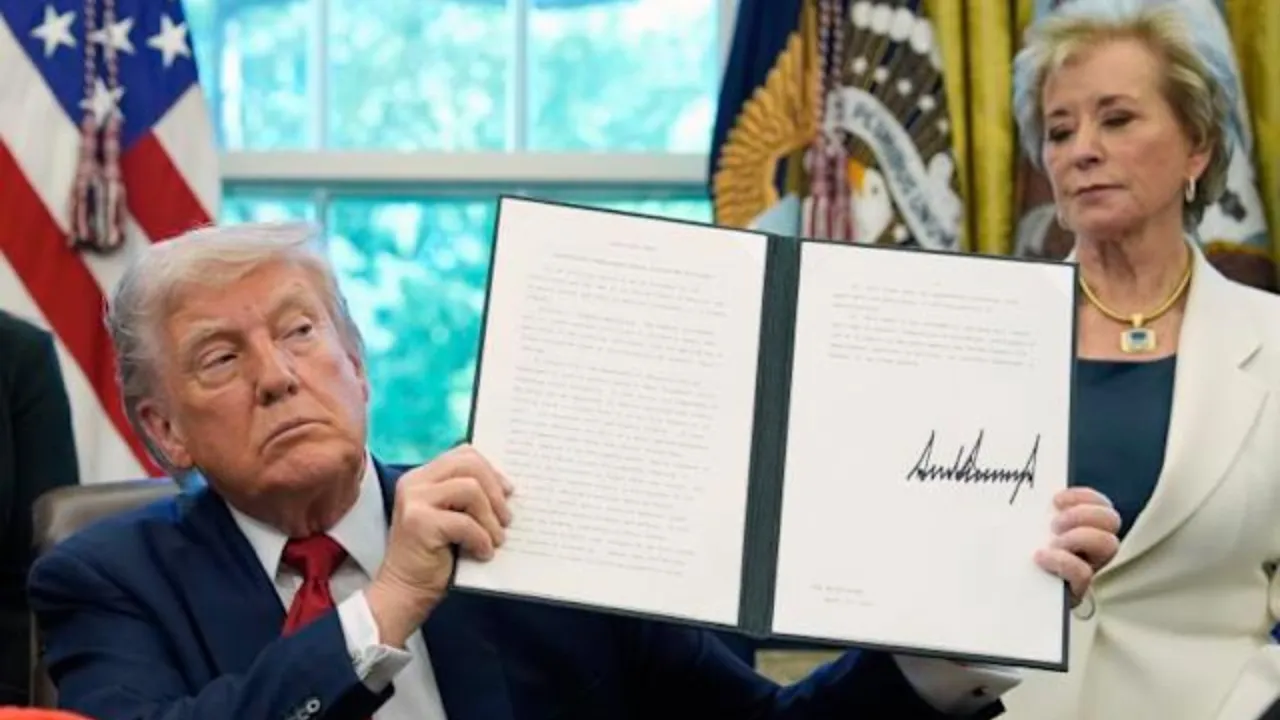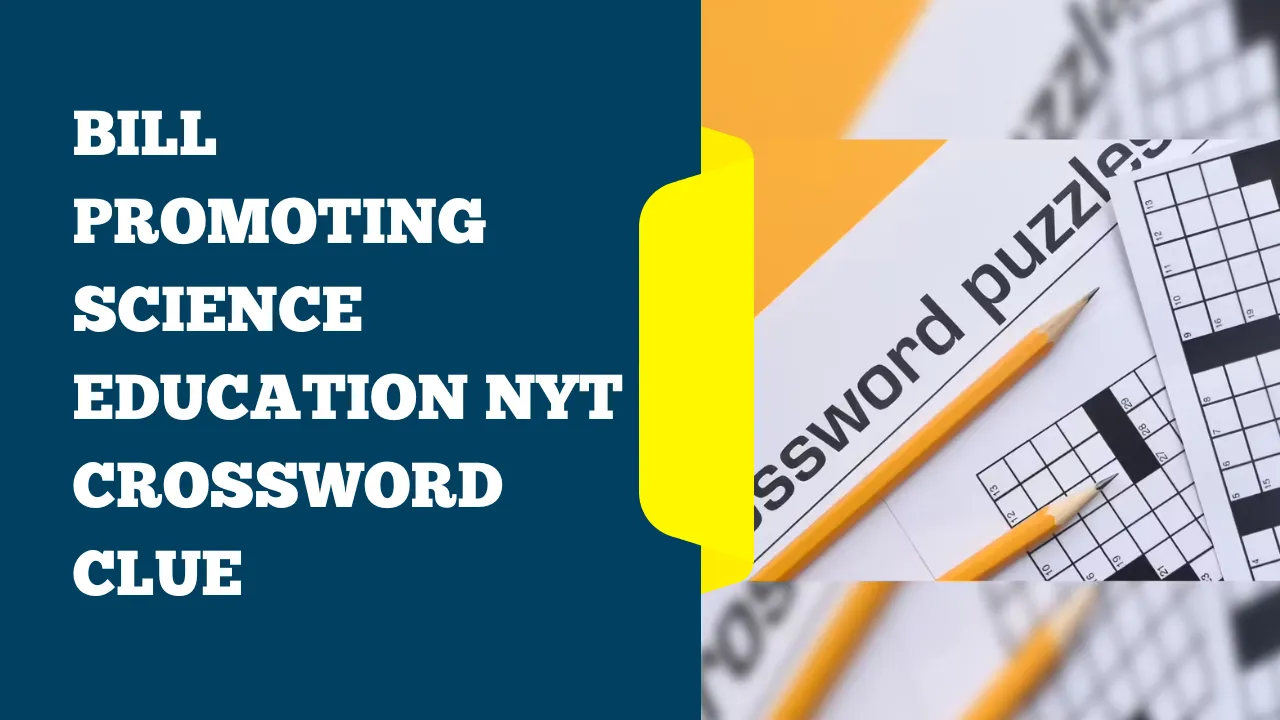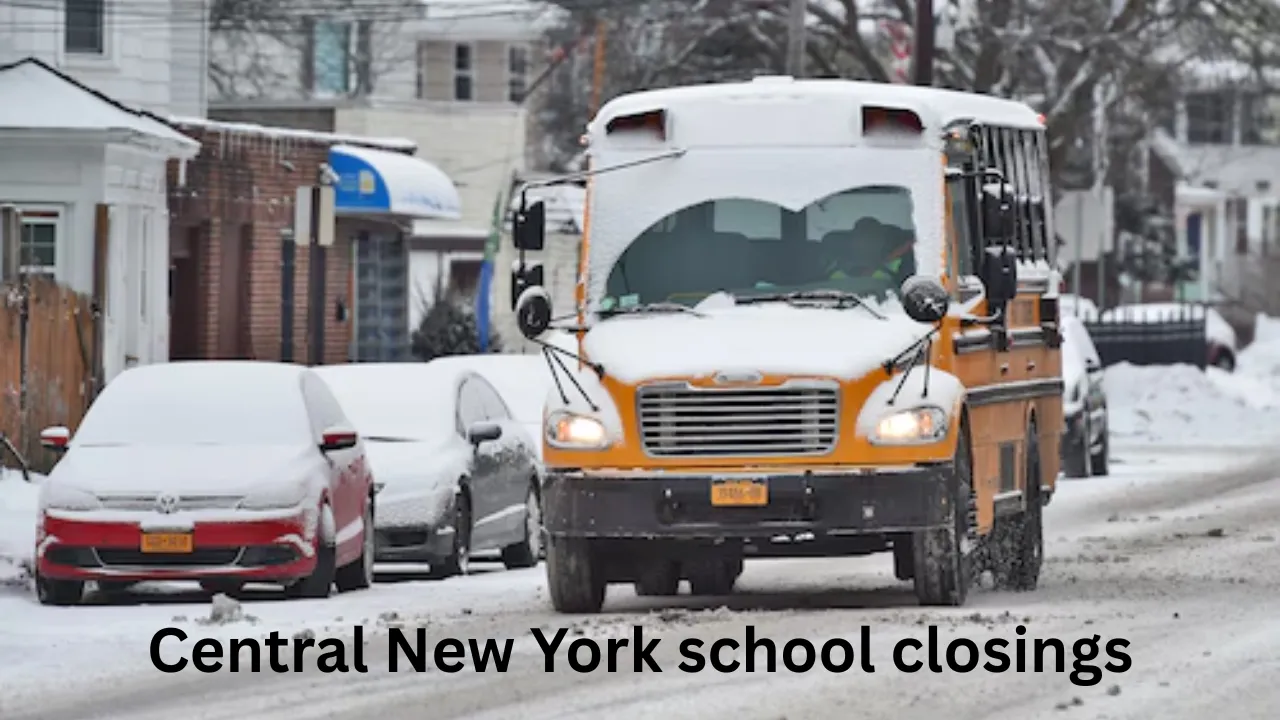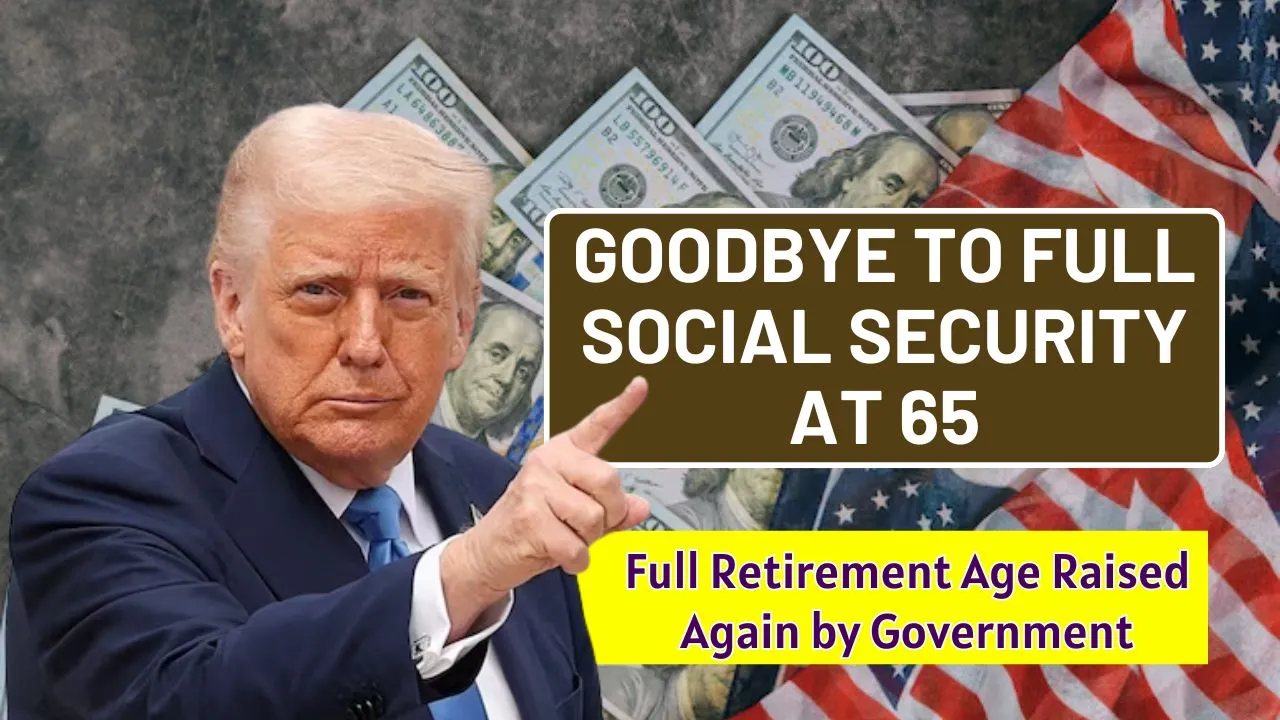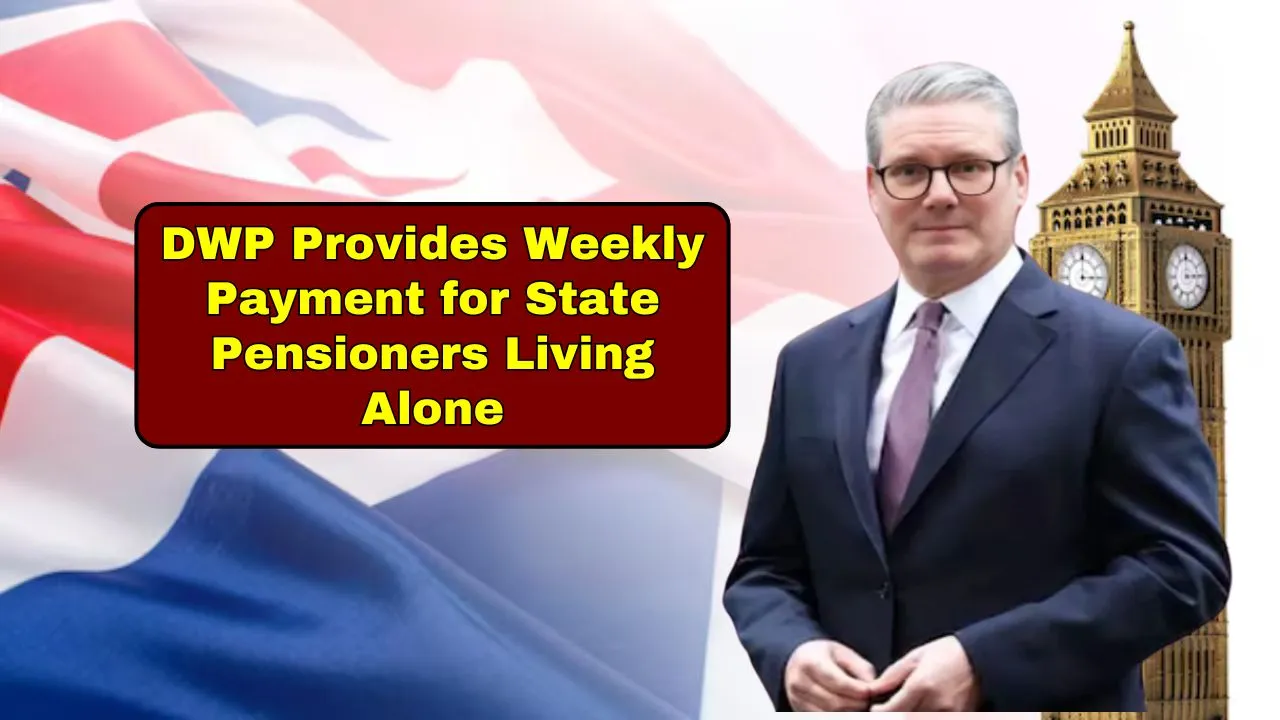Trump budget cuts impact on Native communities: In the latest wave of proposed federal budget revisions, Native American communities find themselves facing a familiar and painful reality—shrinking support from the very government that is legally and morally bound to protect their wellbeing. The Trump administration’s proposed budget cuts target vital services such as healthcare, education, law enforcement, and broader safety-net programs that many tribal nations depend on to survive.
While budget debates are nothing new in Washington, the implications of these cuts go far beyond numbers. They strike at the core of long-standing treaty agreements, systemic inequities, and generations of unmet promises. For Native communities, this isn’t just about money—it’s about survival, sovereignty, and justice.
Trump budget cuts impact on Native communities – What’s at Stake
The Trump budget cuts impact on Native communities by reducing or eliminating funding for programs that form the backbone of reservation life. These include the Indian Health Service (IHS), tribal education systems, law enforcement, Medicaid, and SNAP benefits. The proposed $1 billion in cuts could dismantle critical services and deepen existing gaps in health outcomes, academic performance, and economic opportunity. Many leaders within Native nations view these cuts as a direct violation of treaty obligations that the federal government is legally required to honor. In their view, the proposal is not just harmful—it’s another betrayal in a long history of federal neglect.
Overview Table: Key Areas Affected by Budget Cuts
| Area of Impact | Description of Cuts and Effects |
| Health Services (IHS) | Reduced clinic funding; affects rural and remote care access |
| Tribal Education | Less funding for schools, programs, and cultural education initiatives |
| Law Enforcement | Fewer officers, slower response times, and reduced public safety |
| Medicaid & SNAP | National cuts that disproportionately affect high-poverty Native communities |
| Treaty Obligations | Undermines federal commitments and tribal trust agreements |
Reservation Services at Risk
For many tribal communities, federal funds provide the only means to maintain basic public infrastructure. The Indian Health Service, already under-resourced, could see further reductions in operational budgets. This would impact staffing, medical supplies, and facility maintenance. Some communities may lose access to preventive care, mental health services, and essential treatment for chronic conditions.
Education is another vulnerable area. With tribal schools relying heavily on federal support, any budget reduction risks closing programs that support language preservation, special education, and academic enrichment. In many cases, the loss of these programs could create educational deserts for Native youth.
Shrinking the Safety Net
Beyond Native-specific services, the budget also calls for broad cuts to national safety-net programs like Medicaid and SNAP—programs that a disproportionate number of Native families rely on. Reservations often have higher-than-average poverty rates and fewer local resources to fill the gap. Reducing these benefits means families will have to choose between food, healthcare, and housing. It also places more strain on tribal organizations that are already stretched thin.
Healthcare Gaps Widen Further
Access to healthcare is already a critical issue in Native communities. Many people must travel more than 100 miles just to reach an IHS facility. Budget cuts to the IHS would worsen delays, reduce specialist access, and eliminate some services altogether. Without sufficient funding, more patients will forgo treatment or be forced to travel even greater distances for care.
This is especially concerning for tribes dealing with high rates of diabetes, heart disease, and mental health disorders. Without robust support, these health crises will intensify, leading to higher mortality and deeper systemic disparities.
Education and Safety Undermined
When school budgets are slashed, it’s not just textbooks and supplies that are lost. It’s afterschool programs, cultural studies, tutoring, and support for students with disabilities. Many tribal schools are already operating with outdated facilities and limited staff. Removing federal support will push these institutions closer to collapse, limiting opportunities for future generations.
Similarly, cuts to tribal law enforcement put entire communities at risk. Tribal police departments often cover large geographic areas with minimal personnel. With fewer resources, response times increase, and public safety suffers. This opens the door for rising crime and community instability.
Breaking Federal Trust Responsibilities
The U.S. government’s responsibility to fund health and education programs in tribal communities isn’t a matter of charity—it’s a matter of law. Hundreds of treaties, many backed by Supreme Court rulings, explicitly require the federal government to support Native health, safety, and education.
By cutting funding to these services, the Trump administration’s proposal challenges this foundational trust relationship. Tribal leaders and advocacy groups see this not only as a policy failure but as a breach of legal obligations that have existed for generations.
Long-Term Consequences
If these proposed cuts are enacted, Native communities could face lasting damage:
- Deeper health disparities due to reduced access to care
- Increased school dropout rates as educational support dwindles
- Higher crime and slower emergency response in areas with fewer law enforcement officers
- Growing economic hardship driven by job losses in public sectors
- Erosion of trust in a government already viewed with skepticism by many Indigenous people
Legal and Advocacy Response
Many Native-led organizations and tribal governments are preparing legal and legislative challenges. Because treaties are legally binding, courts may be forced to weigh in on whether these budget cuts violate federal trust responsibilities. Advocacy campaigns are also underway to pressure lawmakers to reverse or modify the proposed reductions.
Public awareness will play a key role in this effort. By highlighting the real-world consequences of these cuts, Native communities hope to gain broader support and demand accountability from elected officials.
FAQs
1. What are the main programs being cut under the proposed budget?
The proposal includes significant reductions to Indian Health Service (IHS), tribal education funding, law enforcement budgets, and broader programs like Medicaid and SNAP.
2. Why do these cuts affect Native communities more than others?
Many Native communities rely almost entirely on federal funding for essential services due to geographic isolation, high poverty rates, and underfunded local systems.
3. Are these budget cuts legal under treaty law?
Tribal leaders argue that the cuts violate federal trust responsibilities, and legal action may be taken based on treaty obligations and Supreme Court precedents.
4. What are the health implications of reduced IHS funding?
Cuts would lead to clinic closures, longer travel distances for care, delayed treatment, and worsening of chronic health conditions common in Native populations.
5. How can individuals support efforts to stop the cuts?
People can contact their congressional representatives, support Native-led advocacy organizations, and help raise awareness by sharing credible information on the issue.
Final Thought
The Trump budget cuts impact on Native communities is not simply a budgetary decision—it’s a deeper reflection of how America treats its original inhabitants. At stake are not just services, but the dignity, rights, and futures of entire communities. Every cut chips away at promises made, treaties signed, and trust that is already fragile.
Now is the time to act. Whether through advocacy, education, or direct outreach to lawmakers, we must stand alongside Native nations and demand that treaty responsibilities be honored, not abandoned. These communities deserve more than survival—they deserve justice, equity, and respect.
Take a moment today to share this article, contact your representatives, and support Native-led organizations. A promise made should be a promise kept.
